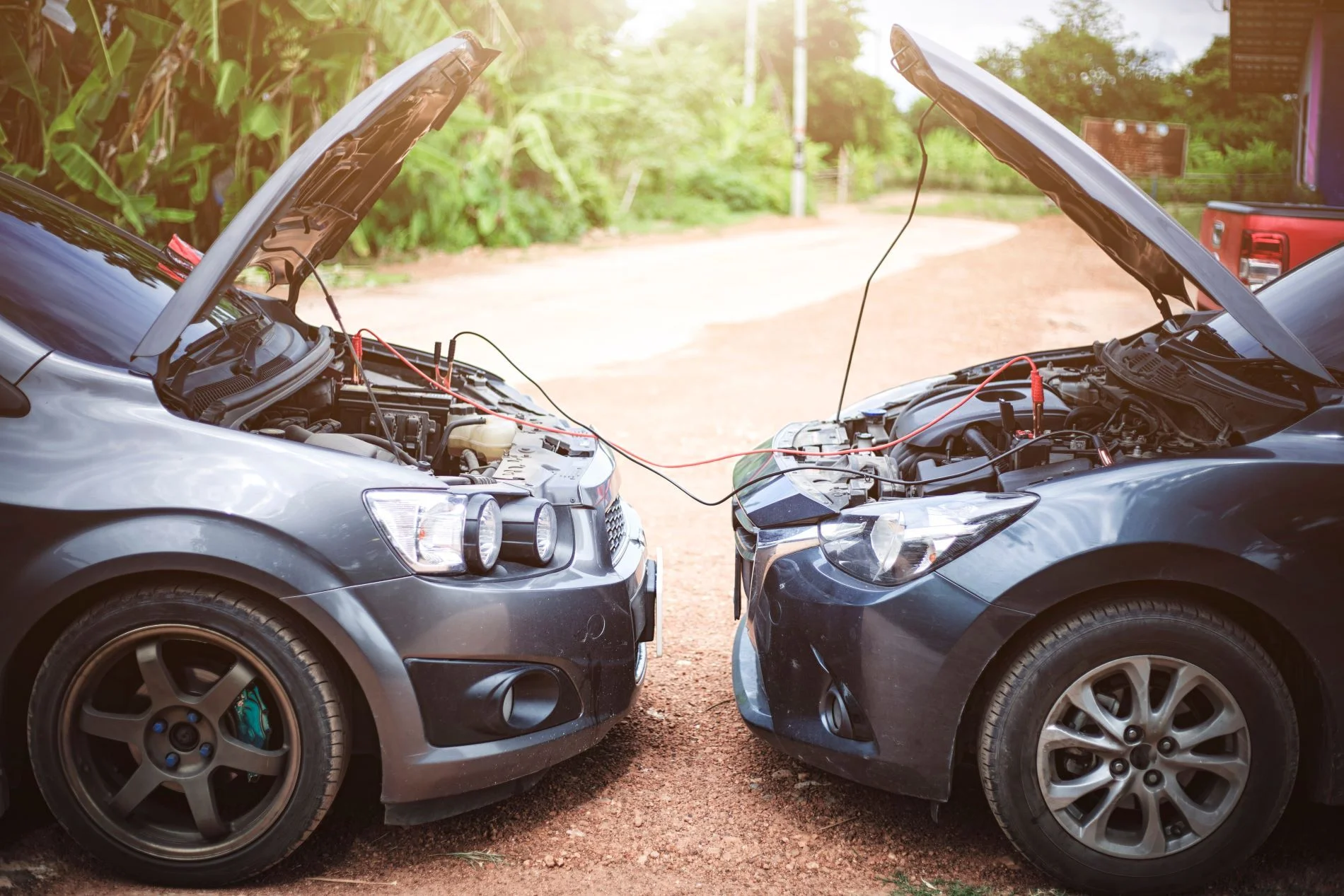
Table of Content
▼
Delhi Chief Minister Arvind Kejriwal has announced waiving of road tax and registration charges, along with other subsidies for adopting electric vehicles. When announcing the new electric vehicle policy, Kejriwal appealed to the people of Delhi to adopt electric vehicles and also announced that the state government would only contract electric vehicles for various purposes in the next six weeks. The Delhi government, through its new electric vehicle policy, aims to achieve an ambitious goal of running at least 25 percent of vehicles with electricity by 2024.rn
Delhi Chief Minister Arvind Kejriwal has announced waiving of road tax and registration charges, along with other subsidies for adopting electric vehicles.
rnThe Prime Minister also urged retail chains, large companies, social welfare societies, market associations, shopping centers, and cinemas to promote electric cars and establish charging stations in their facilities. Under the electric vehicle policy, the Delhi government has planned large-scale subsidies for the purchase of two- and four-wheeled electric vehicles, in addition to exemption from road taxes and registration fees.rnrnThe Delhi government has an ambitious target of running at least 25 percent of vehicles with electricity by 2024rnrn"I also want to appeal to the youth to buy an electric vehicle as their first vehicle." He appealed to people to make the campaign a mass movement.rnrn"In 'Switch Delhi' campaign, awareness will be created about benefits of electric vehicles and how it can contribute to making Delhi clean and pollution-free. I appeal to people to take part in the campaign to promote the replacement of polluting petrol and diesel vehicles with electric vehicles and make a contribution towards a pollution-free Delhi," Kejriwal said.rnrnThe Delhi government announced the electric vehicle policy in December 2019 and notified it in August 2020 to boost the economy, create jobs and reduce air pollution by offering subsidies, exemptions from road tax, and registration to purchase electric cars in Delhi.rnrnrnFor two-wheelers, auto-rickshaw, and freight vehicles running on environment-friendly fuel, the subsidy is ₹ 5,000 per kWh of the battery capacityrnrn
rnIn October 2020, the Delhi government formally notified a total exemption from road tax and registration fees for battery-powered vehicles. This benefit is in addition to a subsidy of Rs. 10,000 per kWh for the first 1,000 electric SUVs, to a maximum of Rs. 1,50,000 per vehicle. For a two-wheeled auto-rickshaw, and freight vehicles running on environment-friendly fuels, the allowance is Rs. 5,000 per kWh of the battery capacity of up to Rs 30,000 per vehicle.rnMore than 6,000 vehicles have been purchased since the policy was announced in August 2020, Kejriwal said the government has also issued bids for the construction of 100 charging terminals in Delhi.rnrnAlso Read: New electric cars in India 2021rnrnAlso Read: Five most common Myths about electric vehicles and Facts about them
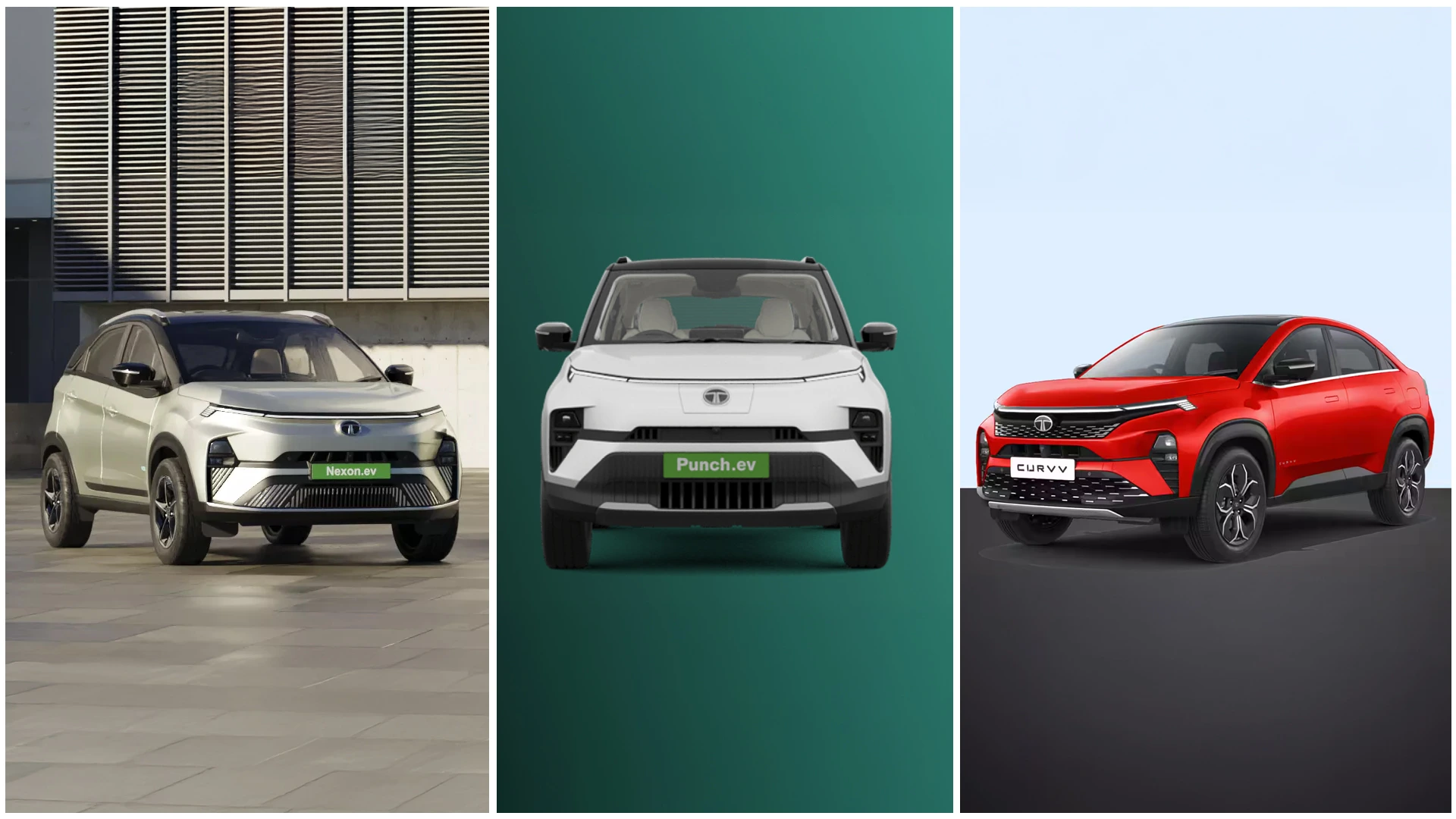
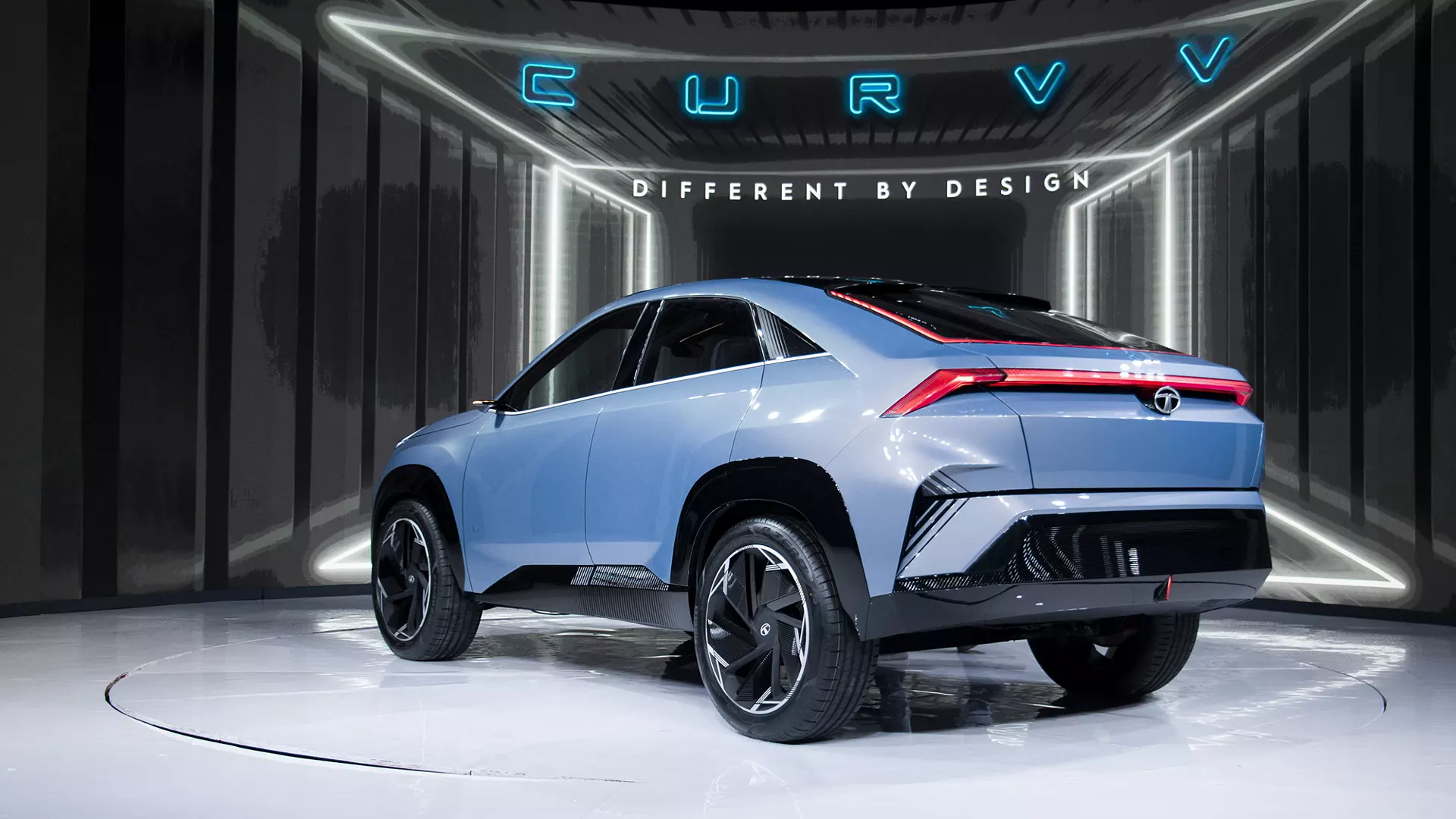
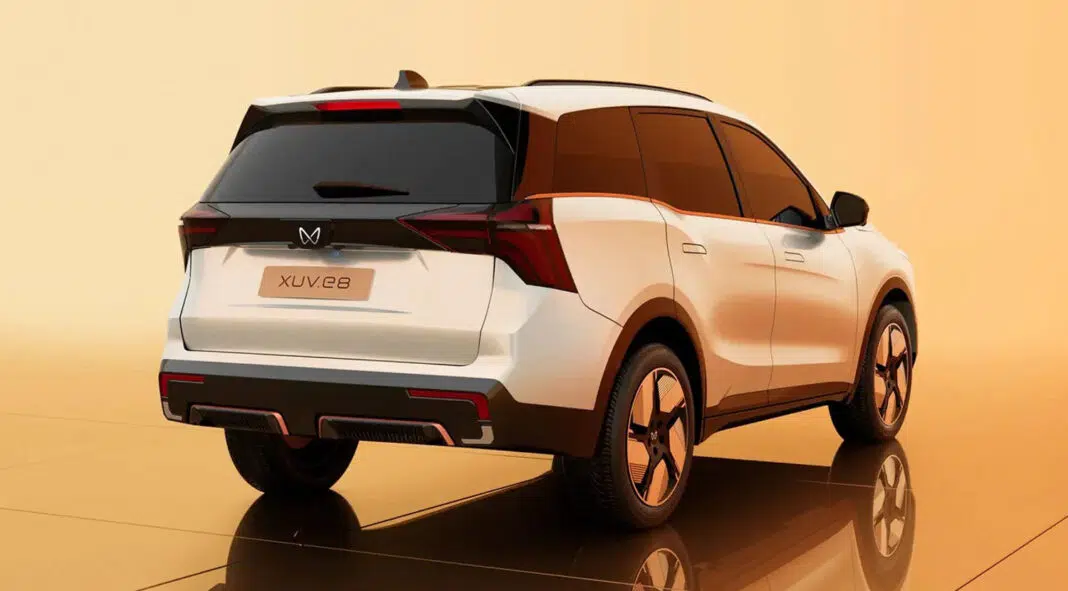
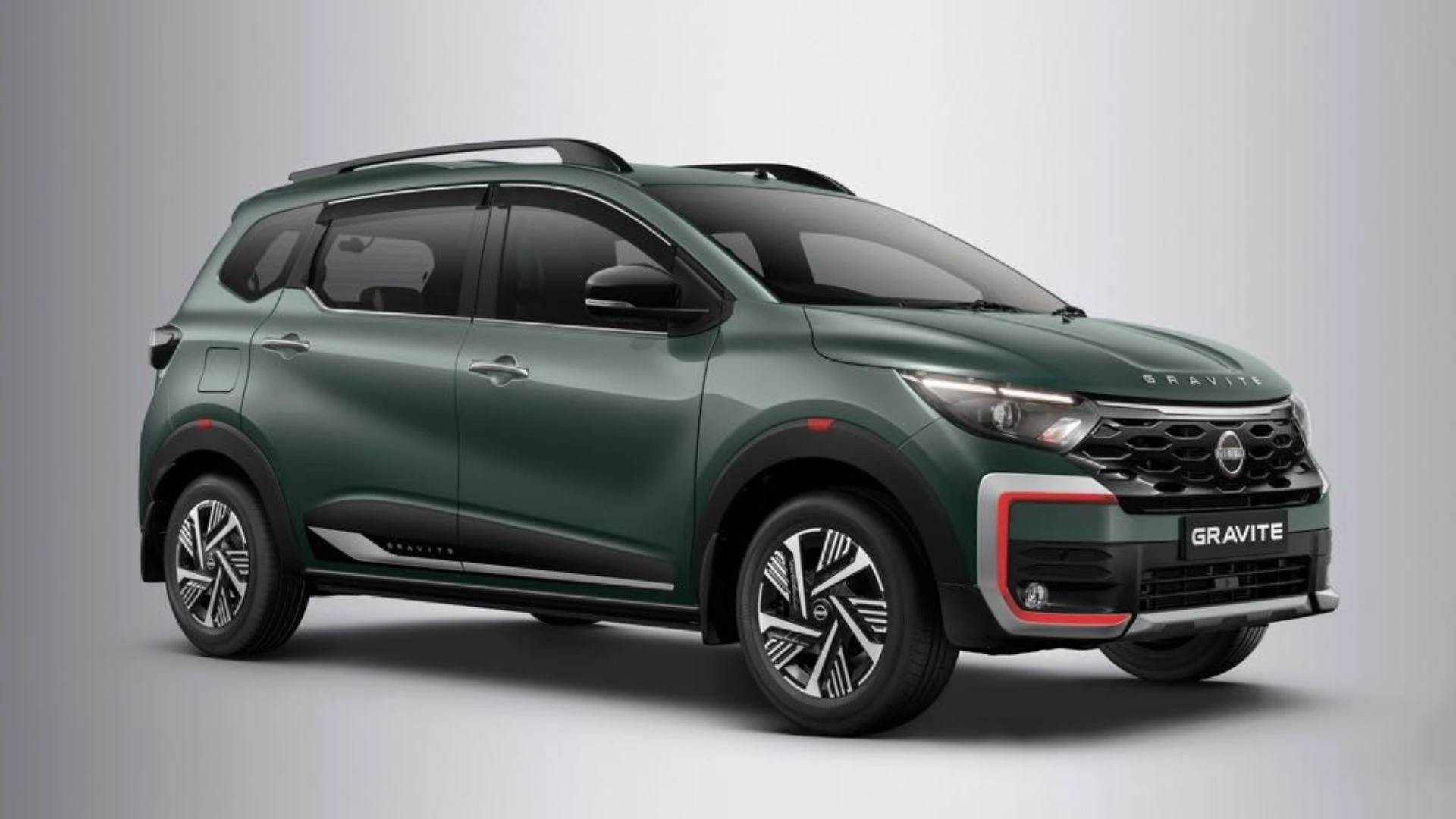
_1771309956.webp)
_1770973085.webp)

